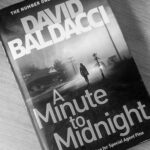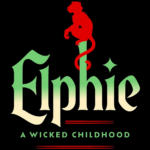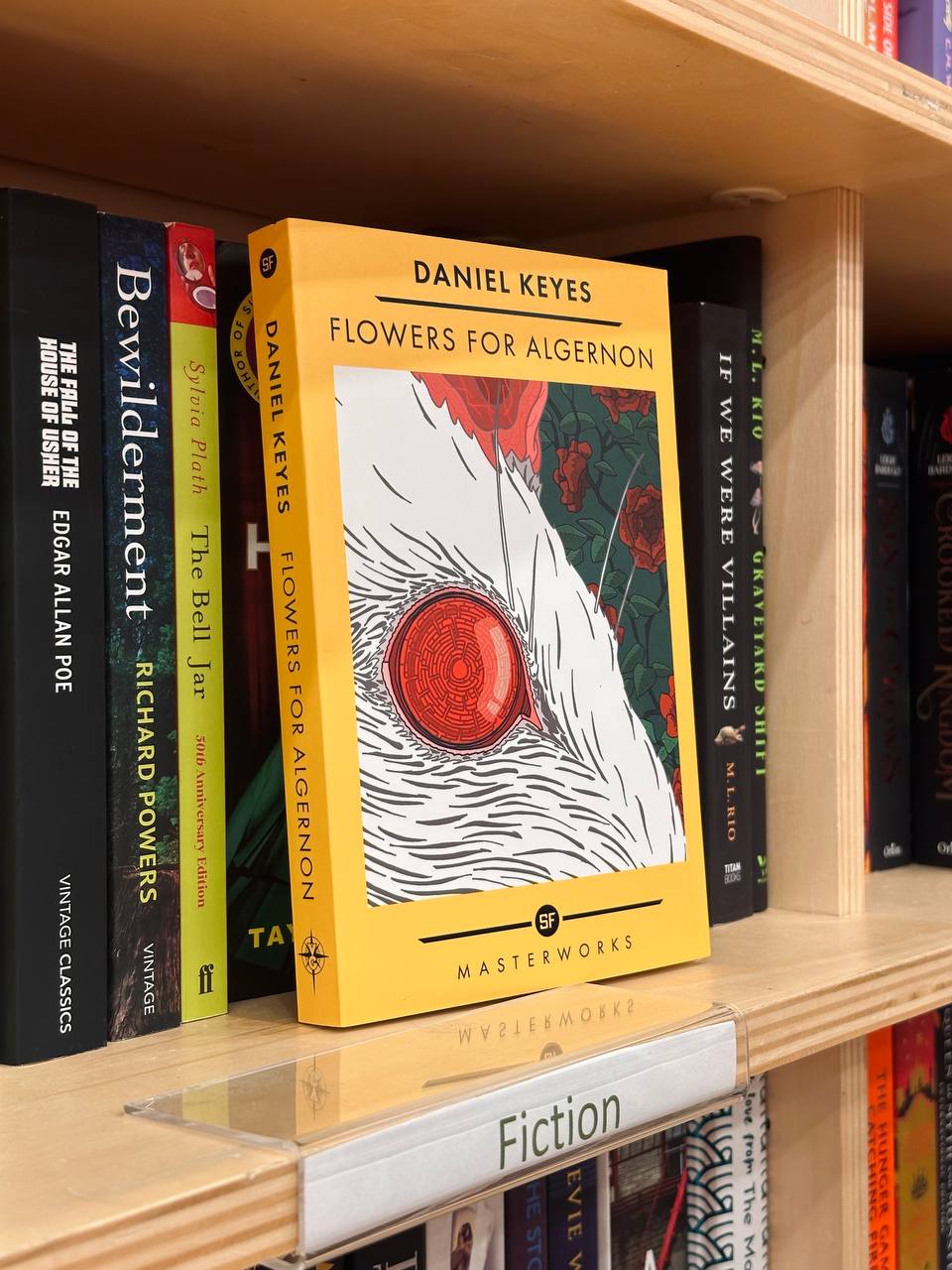The genre of the book is science fiction, a story full of analyses of human nature poured into the field of science with details of fantasy. Definitely, this book should be read, because here is not only a unique plot, there is also psychology and philosophy. The book is saturated with life, because the author was engaged in analyses and understood the topic with that he became familiar very well. There is a bitter truth and injustice to those who were born or by coincidence and time were exposed to diseases. The book isn’t just trying to send the message to not disregard people who are different from us, the deeper and more important idea is that those people have a place in our society and we should do our best to try and help them to integrate, to make space for them.
” And so it went. Most of them felt the way Joe and Frank and Gimpy did. It had been all right as long they could laugh at me and appear clever at my expense, but now they were feeling inferior to the moron. I began to see that by my astonishing growth I had made them shrink and emphasized their inadequacies. I had betrayed them, and they hated me for it.”
Charlie Gordon, Flowers for Algernon
The Premise
Everyone wants to be the chosen one, the main hero, the best, and this is an understandable truth, unless you’re someone who’s tired of being in the center of attention. “Flowers for Algernon” is a deep and moving story that help you think about what it means to be human. In the novel, Charlie Gordon is a mentally disabled bakery worker, to be precise a janitor and delivery boy, who lives in New York City. When he was thirty-two-year-old (a thirty-seven-year-old floor cleaner in the short story) he agrees to voluntarily undergo an experiment to become smarter. He was helped in this by Dr. Strauss and Professor Nemur after an identical operation on a mouse called “Algernon”.
This book reminds us that caring for others is not only a matter of ethics, but also an opportunity to see each person as an individual in need of understanding and companionship. Personally I like that this novel explores themes of intelligence and intellect, morality and ethics, human loneliness. But most importantly, our attitude towards those who are different from us.
“We’re ready to take off, sir. May I help you fasten your seat belt?”
“Do I have to? I don’t like to be strapped down.”
The book is about human nature, childhood traumas, getting out of comfort zone, about the desire to be pleasant and good for others, to be loved and accepted. Human nature is reflected most clearly in this book. Most harmless people can betray a person’s trust. While reading this book, I realized the simple truth, human nature is predisposed in a certain way, people are jealous of other’s success, will not be happy completely for person and sincerely share their ambitious impulse. Majority cannot accept another person’s intelligence, reward and promotion. They love to poke fun and tease the one who is weaker, more foolish, they are ready to abandon another without any embarrassment, leave him without defense and support.
After reading this book, I felt devastation and loneliness, unrealistic injustice and great pity for the hero. Because he has reached greater heights than an ordinary and average person, but no one understood his soul:
“How can I make him understand that he did not create me? He makes the same mistake as the others when they look at a feeble-minded person and laugh because they don’t understand there are human feelings involved.”
Charlie Gordon, Flowers for Algernon
Where did it all begin? From the very early childhood, the main character’s mother told him that if he tried to be polite and good, then everyone would definitely like him, everyone would be friends with him.
“I see now that when Norma flowered in our garden I became a weed, allowed to exist only where I would not be seen, in corners and dark places” says Charlie.
We mustn’t forget that the world can be cruel; disease, war and poverty are very real things and affect hundred of thousands of people every day. It is necessary, first of all, to think about your feelings, sensations and hopes. What others think is not the most important thing in life. There is no need to pretend to be perfect in everything.
Almost all of Charlie’s memories are encased in a window frame and he is inside of, unable to touch, remember and take them in. He is like Algernon (the experiment mouse in the book) locked: “I don’t know. I’m like an animal who’s been locked out of his nice, safe cage.”
He has huge plans, a lot of unique ideas and a desire to live his life finding his place in a world, where no one laughs at him, considering him a fool and a weakling. People made fun of him to satisfy their ego, to elevate themselves at the expense of others. Charlie learnt several languages, different fields of science and philosophy, religion and politics, economics and art in a short period of time after surgical operation. And mostly, he was driven by a hunger for knowledge, he wanted to become “smart” and was able to surpass most professors and scientists, kind of professionals.
“Although we know the end of the maze holds death (and it is something I have not always known—not long ago the adolescent in me thought death could happen only to other people), I see now that the path I choose through that maze makes me what I am. I am not only a thing, but also a way of being—one of many ways—and knowing the paths I have followed and the ones left to take will help me understand what I am becoming”
Charlie Gordon, Flowers for Algernon
Characters
The characters Charlie Gordon meets serve as mirrors to his journey of self-discovery, growth. For instance, Miss Kinnian, Charlie’s teacher, symbolizes hope and kindness. She sees potential in him when others dismiss it. His mother’s rejection and his sister’s resentment showcase societal attitudes toward those with disabilities. As Charlie gains understanding, he revisits these relationships to confront his past trauma, highlighting his evolving self-awareness. Dr. Nemur and Dr. Strauss, these scientists represent ambition and ethical ambiguity. Dr. Nemur sees Charlie as a tool to achieve fame, meantime Dr. Strauss is slightly more compassionate. They reflect Charlie’s struggle with being treated as an experiment rather than as a person. The lab mouse Algernon is a direct parallel to Charlie, both undergo the same experimental treatment. Algernon reflects Charlie’s internal fears of losing his intelligence and sense of self.
The plot of the book is intriguing until the end, and the story is narrated on behalf of Charlie. The most interesting thing is that the novel was written in the form of reports, so there are chapters where you can see some spelling and punctuation mistakes of the main character, thus the reader is easily immersed in that reality of the book pages, where our characters live. Persuasiveness is present in the character traits of both main and secondary. There are rejections of people, their fear and intellectual barrier. For example, I do not like the treatment of Professor Nemur, who worked on the experiment. Because he did not consider Charlie as a real person capable of realizing many things until after the medical procedure. And at the same time, Nemur began to praise only himself, building himself a creator, a scientist who can do anything, equated himself with God. He is a professor, so in his worldview he evaluated people by intelligence, it was obvious for him to divide others by IQ category. To change Charlie’s life 180 degrees meant that he had achieved triumph.
I really do like how the main character was written due to that fact that he looks like a realistic hero of our society. Because Charlie always thought that people would love him if he became smart or ordinary. However, by the time when his mind evolved, he finally understood that he came not to the point B, but again to the A, where he actually started. It was a big surprise for him. The truth is that if we have choice to stay with normal child or defected, we will choose the first one. It is not enough to say that people who have problems with health, appearance and so on, deserve respect, better life, community, because no one really want to be with them, at least deep down…
Final Thoughts
Upon finishing the book, I began to appreciate my life more, as it is a real chance to reach the heights, to find my own place in the world. I advise to read this book to everyone who wants to study the psychology, psychoanalysis or just to understand the experiences of minorities, to look at the world through their eyes.
“I’m living at a peak of clarity and beauty I never knew existed. Every part of me is attuned to the work. I soak it up into my pores during the day, and at night—in the moments before I pass off into sleep—ideas explode into my head like fireworks. There is no greater joy than the burst of solution to a problem. Incredible that anything could happen to take away this bubbling energy, the zest that fills everything I do. It’s as if all the knowledge I’ve soaked in during the past months has coalesced and lifted me to a peak of light and understanding. This is beauty, love, and truth all rolled into one. This is joy.”
Charlie Gordon, Flowers for Algernon
But whether the main hero will become a person with a learning disability or will be able to develop, who will be the one of the best minds in our history, you can find out by reading this book filled with reflections and passionate wish to go deeper into human nature. Share your impressions in the comments about this book, we will be glad to read it.








I had never heard of this one before, thank you!